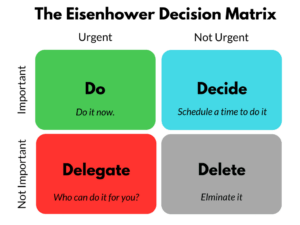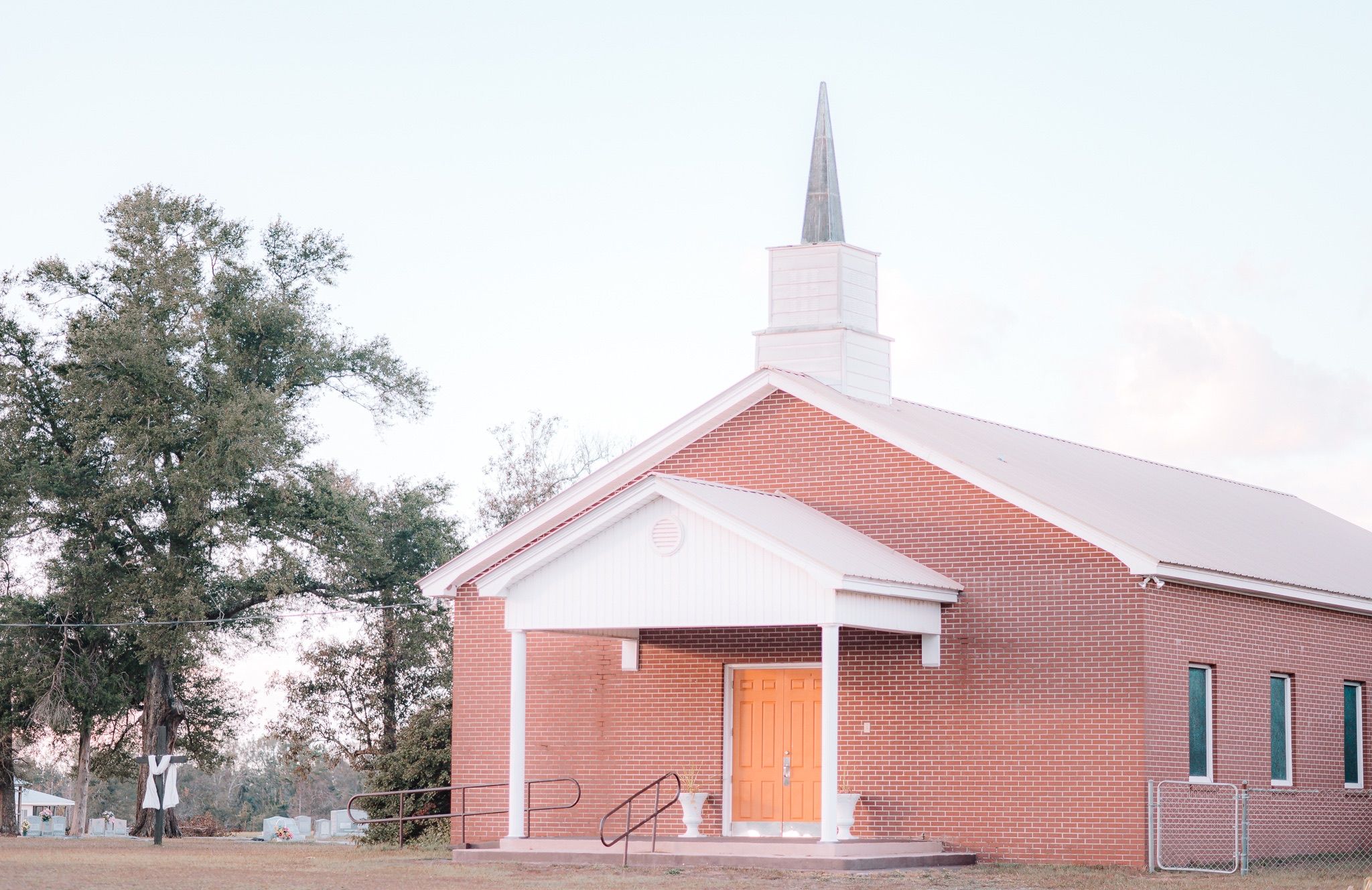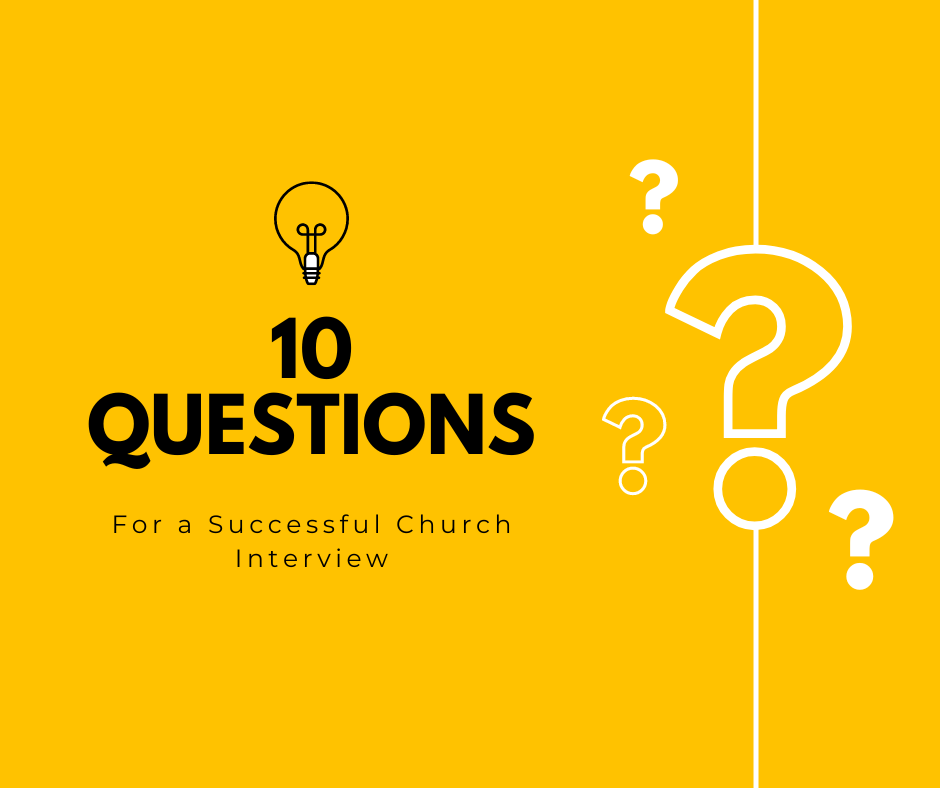Leadership Capital
Leadership Capital
Through college and seminary, my wife and I jumped from rental to rental, often finding the cheapest, most functional places we could. We knew our stay was temporary, so we tried to find rentals with a 6-month lease. Until we finished up our degrees, we lived in a variety of homes. But after moving back to Florida and temporarily staying with family, we began to search for a home to purchase and live long-term.
The language of mortgage loans was frustrating for me, and I felt ill-equipped to understand it all. Underwriters and Realtors were helpful, but I wish I had more economical knowledge before running into barrier after barrier. I didn’t understand why it was difficult and time-consuming to be approved for a mortgage loan, until my underwriter explained it to me in a way I finally understood: “Caleb, this process is all about trust.”
In order to be approved to pay back a loan, the bank has to establish trust with you, by evaluating your proof of income, history, employment, family, and other factors. At some point, they’re willing to approve your request, because you’ve had time to build that valuable trust with them.
And in the same way a bank might approve your request after adequate time, you have to build trust with your church before making any major decision.
Trust-Building Takes Time
Whether you are a Replanter or Revitalization Pastor, every leader must learn how to build “Leadership Capital.” Think of Leadership Capital as stored influence you acquire over time, that you can access when you need to make leadership decisions. A tendency among new leaders is to come in, shake things up, and move quickly. You may desire to make “big changes,” to prove yourself as a leader or visionary. However, trust-building takes time, and leaders need to learn the art of building Leadership Capital. Leadership decisions must be made in great wisdom.
If you think of this illustration in financial terms, capital isn’t earned overnight. It is built over time. The rate of growth is equivalent to the time spent in earning. As a church leader, you would be hard-pressed to find a church whose members will do everything you desire the first time you ask, with no question. Church members want to know if the pitfalls, the possibilities, and the opportunities around them are worth the risk. A healthy leader will build trust with them first, before enacting major changes.
Some leadership decisions have to be done quickly. But decisions require capital, and time builds trust. Leaders normally start out with zero trust. Or, you may be building back trust that has been lost by former leadership. If a former pastor overspent their capital, it could have left the church in burnout with trust issues, and confused about how to trust a future leader.
Important and Urgent
As a church leader, you must understand the importance of discerning between things that are important and things are urgent. John Ortberg says that leadership is, “Disappointing people at a rate they can absorb.” Most leadership decisions will be met with feedback, pushback, and accountability. So before making too many decisions at once, consider Eisenhower’s Matrix:

Dwight D. Eisenhower, the 34th president of the United States, once said, “The urgent are not important, and the important are never urgent.” This matrix has been a helpful resource for many leaders. It helps you schedule your time, manage your resources, delegate others, and get rid of the things that are wasting time. Tools like this are helpful for church leaders.
Often, I will be working on several projects simultaneously, and need to write out everything on a big white board. Then, I have to list out several priorities, and delegate whenever I possibly can. And yes, there are some things that I have to look at and take an eraser to, because they are not urgent, not important, and way too time-consuming.
The main point of using a tool like this is to make leadership choices in wisdom and lead your people with effectiveness. Leaders will often experience a pace of change that is slower than what is expected.
The Value of Trust
It is so easy to get frustrated with certain groups of church members because they aren’t moving as quickly as you want. However, each time you are eating a meal with a family, sitting in a classroom, praying with someone, or even giving some counsel about a mundane decision in someone’s life, you are building valuable trust with them. Finally, when you say, “Let’s start a new ministry to our community,” they will listen to the leader who has spent adequate time with them.
 A helpful recognition is our lack of capital that we have to begin with, and how quickly it runs out. It takes time to demonstrate competency, character, and display commitment and consistency with people. It also takes time to build connections with people emotionally, so that your leadership will go a longer way and yield better results.
A helpful recognition is our lack of capital that we have to begin with, and how quickly it runs out. It takes time to demonstrate competency, character, and display commitment and consistency with people. It also takes time to build connections with people emotionally, so that your leadership will go a longer way and yield better results.
Don’t forget that once you decide to “use” some of your capital by making a big decision, you are responsible for organizing it in such a way that you establish healthy credibility with those around you. If you delegate, delegate with the right people, and make it the best you can. Plans made like this go a much longer way than we think.
When you love people well, listen well, pastor well, and establish credibility, you are building your capital, and you can feel a greater freedom to spend it when the timing is right. Some questions to ask yourself when making a decision is: “Which of these decisions will help our church move together more holistically towards church health? Are there any of these that are barriers to church health?”
For more information on leadership decisions, check out some of our previous podcasts on this topic:















